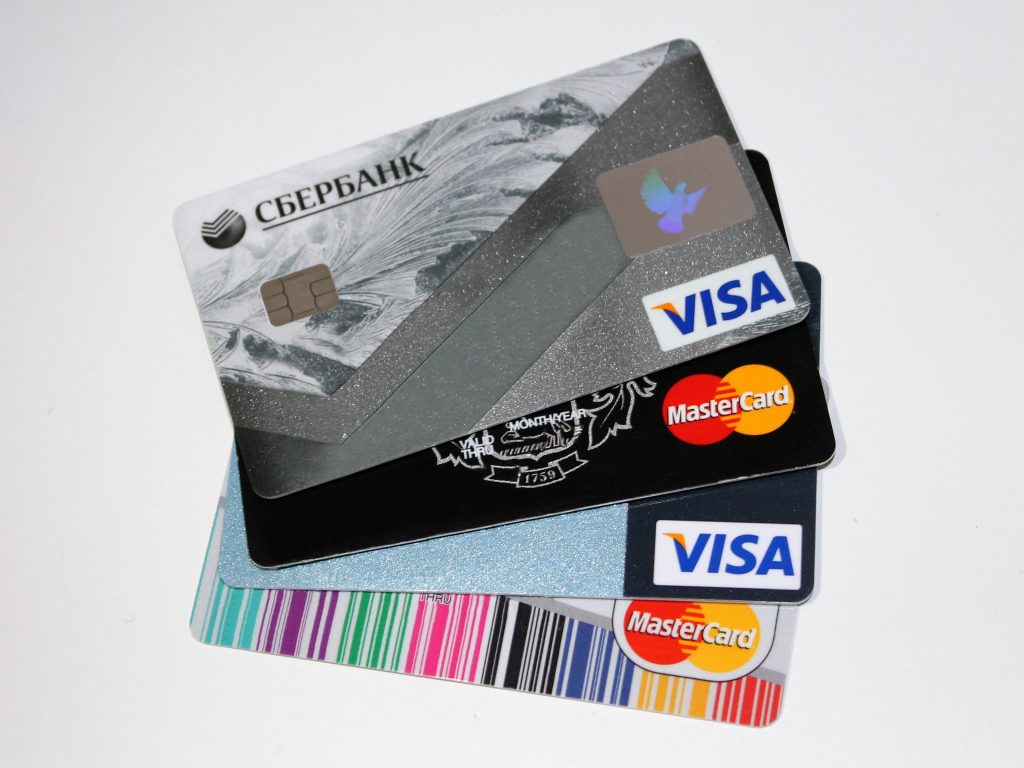If you want to know how to improve your Turkish, I have one word for you: Bureaucracy. Forget expensive courses and fancy textbooks. Just spend one day, or maybe a lifetime, trying to get anything of a bureaucratic nature completed, and you’ll be as fluent as any native born Turk. By the time you’ve asked the same person the identical question on yedi separate occasions, and received sekiz different cevap, or asked the same thing seven times to eight different people and received innumerable and varied answers, you might need psychiatric treatment, but your Turkish will be better. I guarantee it.
Take the example of when I started a new job at a government university in Istanbul. University jobs in Turkey come with a lot of perks, like discounted transport, cheap holiday accommodation and subsidised lunches. However, this being the 21st century, the days of giving the man at the entrance desk of the personnel yemekhane your staff number before tucking into a hearty meal, have long passed. Now you need to have a university kimlik card, which not only acts as an identity card, but also works as a sort of credit card you can use to buy food and other things on campus.

Now, getting this card is a great example of Turkish bureaucracy in action. The first place you get to practice your Turkish is in the office of the nice little man who does all the paperwork for your department. You carefully explain you want to get your university card and he writes down the name of the person you need to talk on a very small piece of paper. As he explains the location of the personel dairesi, you realize that learning the Turkish use of prepositions really isn’t that difficult provided you mime at the same time. After you track down the building and the right floor, you ask every one you meet as you wander up and down the corridors of officialdom, where you can find so and so’s office. By the time you locate it, using one of those pesky prepositions you didn’t know before, you can ask the question perfectly. Once you enter the office you practice saying kolay gelsin, hoping your good wishes to the clerks in the room will make them want to help you. Maalesef, that is unfortunately, the only person who doesn’t smile back at you is the person whose help you need. After an unbearable ten minutes of making your request over and over again in your stumbling Turkish, hoping she might say something to indicate she understands what you’re saying, the woman grunts at you and tells you to come back in ten to fifteen days. It’s not until you’re back out in the corridor again trying to find the exit that you realize the one phrase you didn’t really hear was iş günü. Adding this to what you did understand means you have to wait ten to fifteen working days.
In Turkey, it’s better to think of ten to fifteen working days as closer to twenty, just in case. When the twenty days have passed, give or take a bayram, that is a holiday day or two, you go back to the first little man who likes you because you always say kolay gelsin and ask him how his tatil, hafta sonu, or gece, that is holiday, weekend or evening went, before you make any request of him. He rings the woman who doesn’t smile and you desperately, and obviously, eavesdrop on his end of the conversation. He speaks too quickly for you to understand much, but when he says the word çıkmış you initially panic. Luckily you realize he’s only using reported speech because although the card has been issued, he hasn’t seen it for himself. Thankfully he’s not using the mış tense because he isn’t sure that what he’s being told isn’t true.
After more instructions involving prepositions, you find the little bank kiosk next to the cafeteria and not behind it as you first thought. Once inside a friendly man sits you down, asks for your TC Kimlik Numarası and to look at your ikamet. After showing him your government identity number and retrieving your residence permit from your wallet he has you sign something in four places. Even though your Turkish has improved a lot, it’s not that good yet, so you blithely sign away without reading anything. Then he gives you a lovely new university identity card with your photo on it, the one you had taken after going to the hairdresser. Where you like to practice your Turkish because there’s lots of repetition and when words fail the staff know to resort to mime rather than shouting at you as though that improves comprehension. The nice man then goes on to explain a lot of things, in some detail, and at some length. After several goes you realize you need to get a şifre to activate the card. With a pin number you can put money on it and then buy things, like lunch for example, on campus. First he says you can get a şifre by texting the bank. As is usual in Turkey he offers to do it for you and you agree. After thinking of and telling him a pin number not related to any of your existing accounts because, hey, he seems nice but after all you should be careful, he sends the message but maalesef, unfortunately, the bank won’t give you a pin number via a text message. You have to go to the bank, to a particular branch, for them to güncellemek your mobile number. It doesn’t seem logical that they can update your mobile phone number when they don’t actually have it on record, but now is not the time to question his use of the word ‘update’. Instead you go back to your office to ring the bank for yourself.

By now you have plenty you can say in Turkish about the weather but the most important thing is that it’s stinking hot, and you don’t want to schlep down to the bank if you don’t have to. Instead you ring their central number and decide to take the easy way out by pressing nine for English. When the nice young man speaks hesitantly to you in slow but correct English, you respond in kind. After all, you are an English teacher and it can’t hurt to be nice. Once more you go through the whole process with him, why you are calling and what he can do for you. First you send a text message, the same as the one the guy in the bank kiosk sent, and once again you learn that a pin number can’t be issued over the phone, which you already knew. Then the man at the bank call centre tells you yes, you do have to go to the bank, and to that particular branch as you originally thought. When you tell him you have your university card, government identity number and residence permit to show at the bank, he tells you that will be enough. Just to make sure you ask him if you need to take your passport with you and he says no. You’re really happy when you hang up. It’s a win-win situation, he got to practice his English and you got confirmation that you understood the man at the bank office on campus. It’s like taking Turkish lessons but without the hassle and expense of registering for a class.
Find out whether I was ever able to buy lunch on campus in part two next week.









She is right but what if I say this reminded me the visa and the border passport control officers and banking and in community registration offices and even cell phone applications as a foreigner in EU and USA and never experienced it but think it is the same in Australia after watched quite amount of tv programmes about that in the UK those I have faced until now and surely will be facing more in my life for my any other attempt.
[…] A Surprising Way to Improve Your Turkish: Bureaucracy – yabangee […]